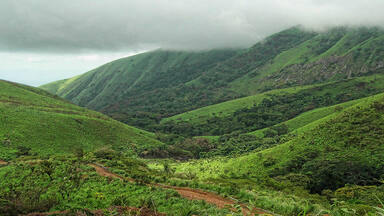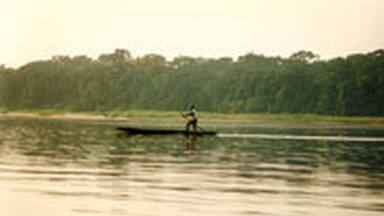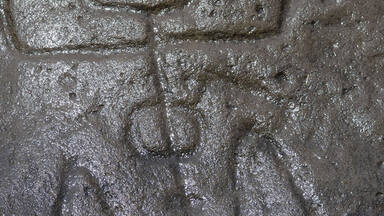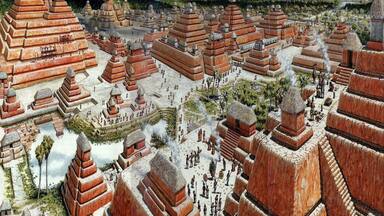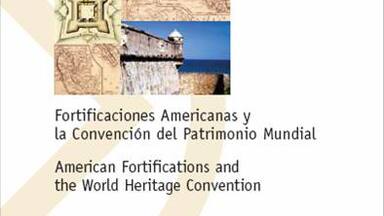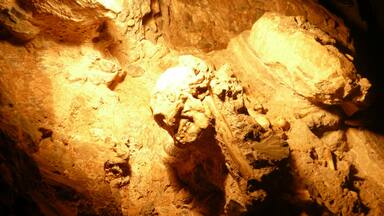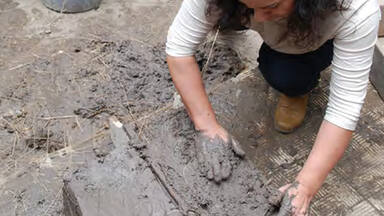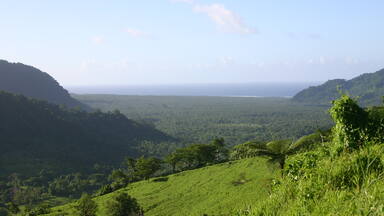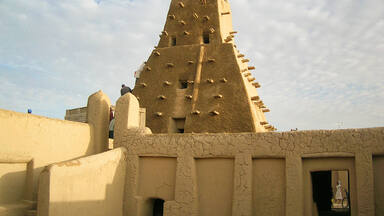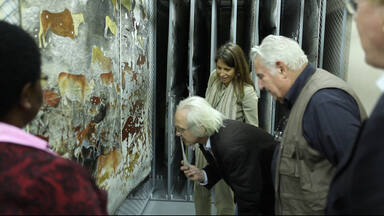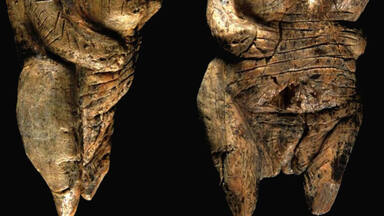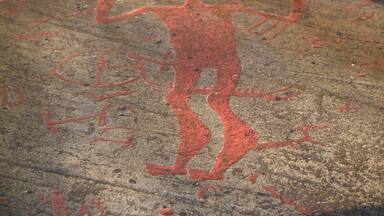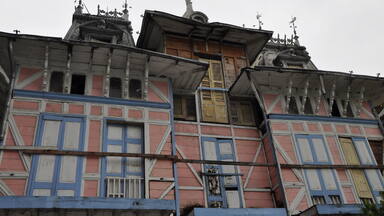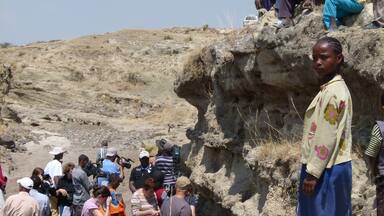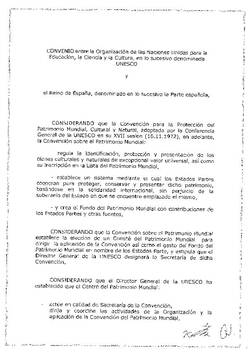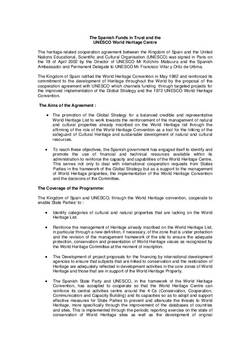Government of Spain
The heritage-related Cooperation Agreement between the Kingdom of Spain and UNESCO was signed in Paris on 18 April 2002 by Mr Francisco Villar, Spanish Ambassador and Permanent Delegate to UNESCO, and the Director-General of UNESCO, Mr Koïchiro Matsuura.
Spain adopted the World Heritage Convention in May 1982 and, with the signing of the Cooperation Agreement, reaffirmed its commitment to cooperation with the States Parties to the Convention, in accordance with the spirit of Article 7 of that international treaty. The principal objective of each programme, approved annually by the Cooperation Agreement Working Group, has been based on the implementation of the Global Strategy of the Convention, in the interest of generating the steady progress of new nominations which significantly contribute to a more balanced, and above all, more innovative World Heritage List, while helping to reinforce subregional cooperation.
The total amount dedicated to the projects chosen each year is €600,000, which includes the funding for two World Heritage Centre staff members responsible for the coordination and management of the programme, and who have notably provided substantial support to the Latin American and Caribbean Unit over the last six years.
The strategic objectives for the future implementation of the World Heritage Convention, adopted by the Committee at its 26th session in Budapest (Hungary) in 2002 and known as the 'Four Cs', were subsequently enshrined in the Budapest Declaration on World Heritage. They are the focal point of all the programmes financed by the Spanish Funds-in-Trust. For example, the development of activities to analyse and harmonize the Tentative Lists of Latin America and the Caribbean, or the progress of nominations such as the Cuenca Mirador (Guatemala), the Coffee Cultural Landscape (Colombia) and the archaeological sites of the Chinchorro culture (Chile) reflect support for the credibility of the List. With regard to conservation, the Fund supports expert and Advisory Body missions, while capacity-building is addressed through substantial contributions to setting up expert networks that carry out training workshops in different regions. As far as communication is concerned, three publications of the World Heritage Paper Series have been funded, as well as contributions to various publications on other projects, such as American Fortifications and the World Heritage Convention, Rock Art in the Caribbean and Caribbean Archaeology and the World Heritage Convention. The Operational Guidelines and other documents fundamental to the implementation of the Convention have been translated into Spanish with the aid of the Fund, which also contributes to the Spanish translation of documents at World Heritage Committee meetings.
The 5th 'C' for community has also inspired workshops in Panama and Cartagena de Indias (Colombia) which have brought home the need to include the views and values of the local population in each management plan revision, as well as providing a framework of requirements and schedules for participating nominations.
One important aspect of financing is the need to share experiences and generate international, interdisciplinary and intergenerational dialogue on World Heritage. Projects such as the preparation of the nomination for the Great Inca Trail, Qhapaq Ñan, or the above-mentioned Caribbean Rock Art, have generated ways of integrating subregional cooperation within the framework of the Convention.
The nominations of Granada and Lago Cociboica (Nicaragua), Meroe (Sudan), and Lobé Falls (Cameroon) are under way. Other initiatives, such as World Heritage Indicators in Historic Urban City Centres and a study of the 1972 Convention in relation to indigenous people, are progressing year by year in the framework of this extrabudgetary programme.
In 2008 and 2009, with Spain chairing the World Heritage Committee, the Fund is making a substantial contribution to the preparation of an Action Plan for Prehistory and the World Heritage List, to be presented at the Committee's 33rd session in Seville.

